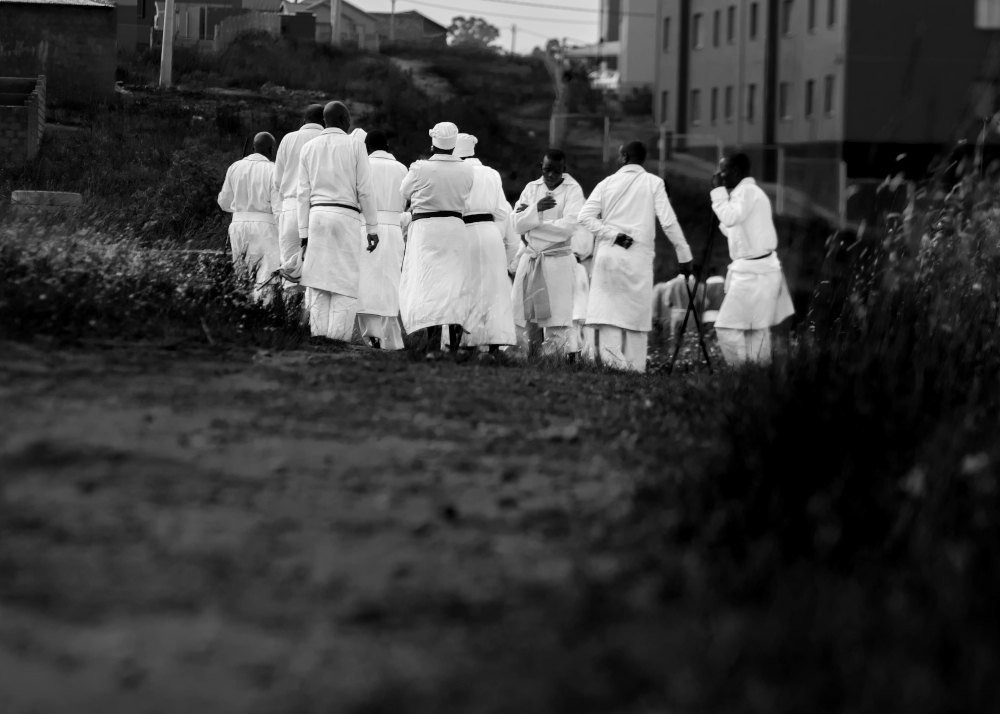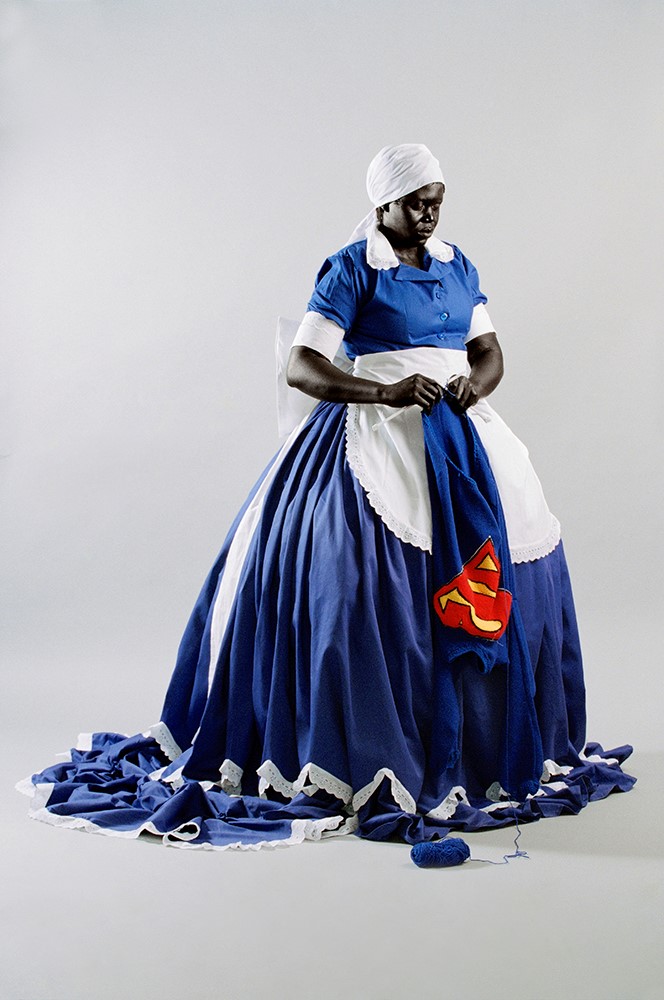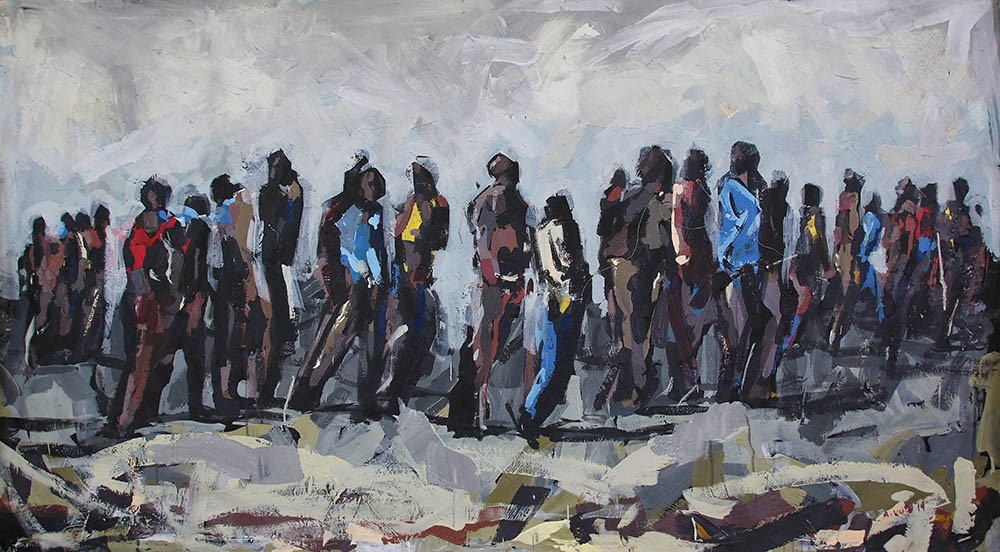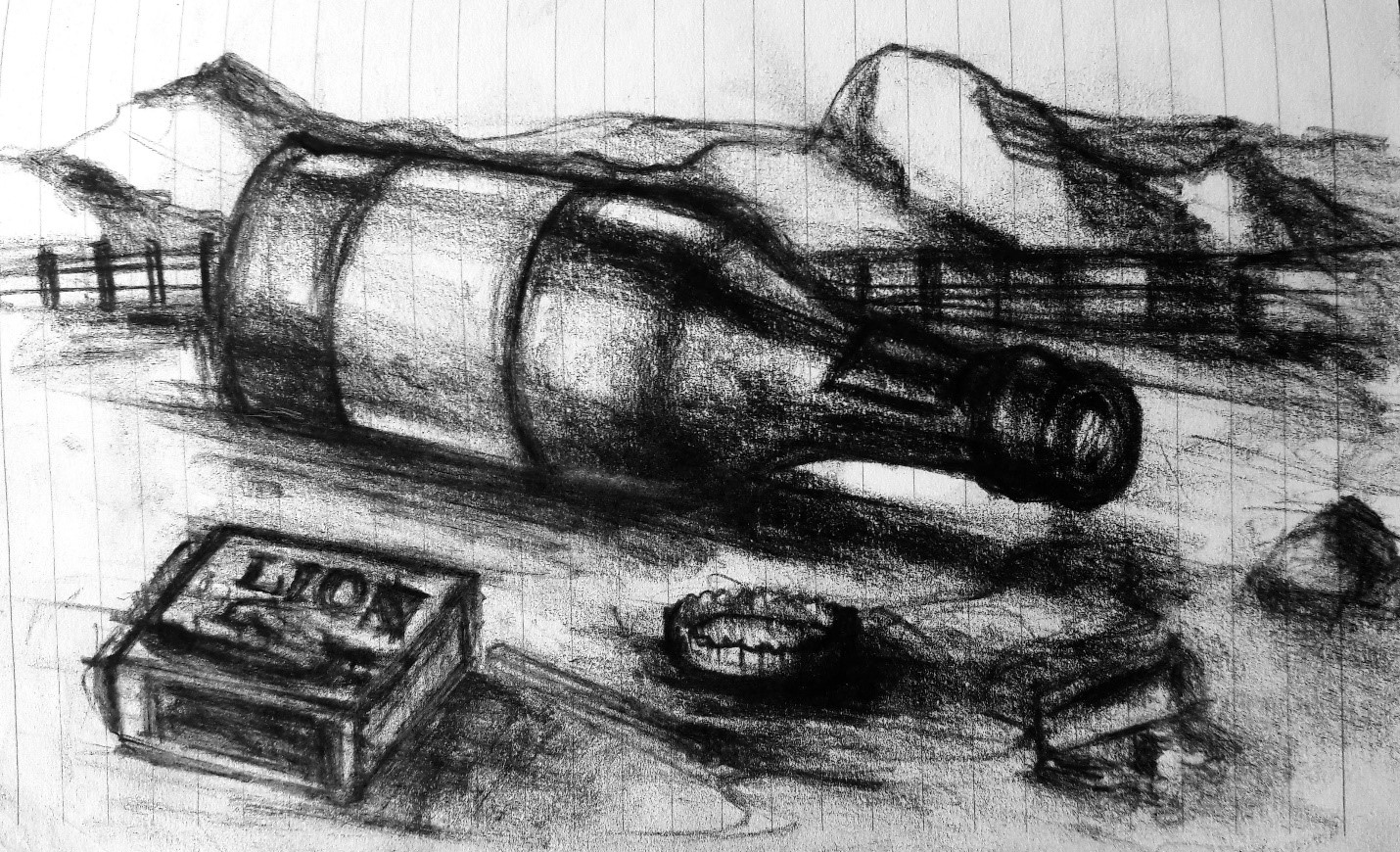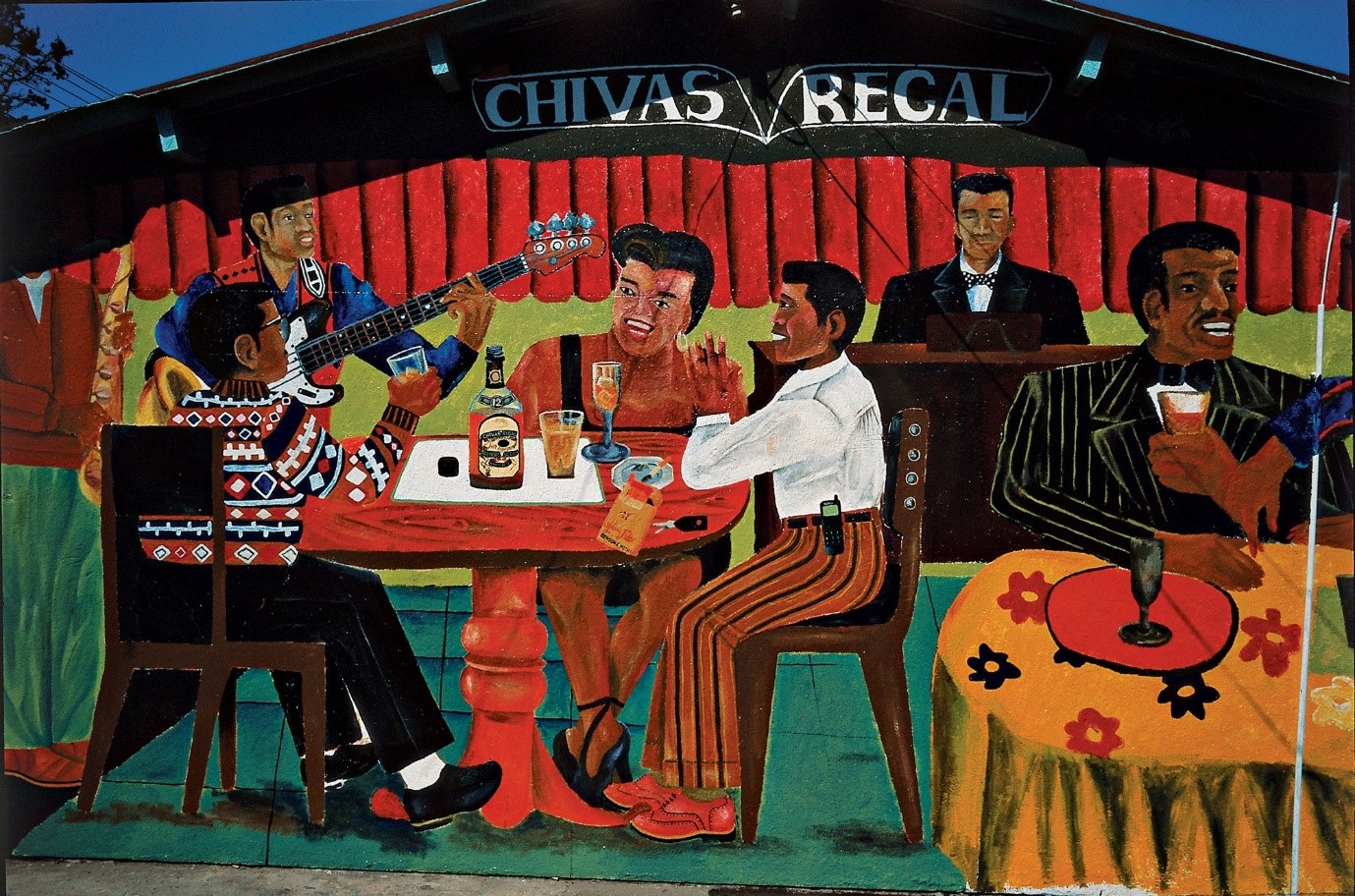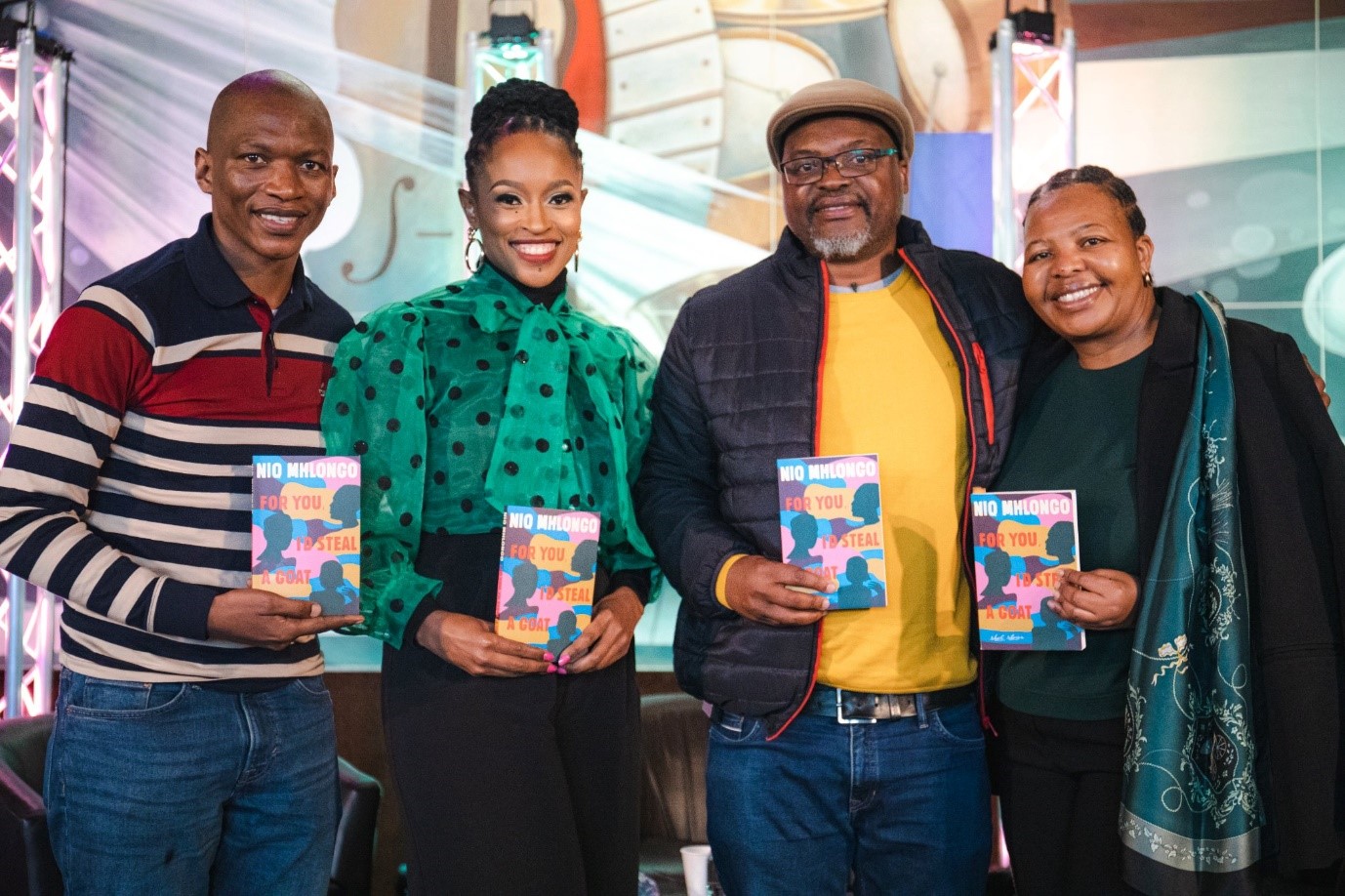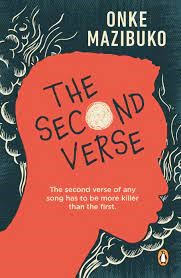Martha Libuseng Lerumo is a survivor of domestic violence. She was sentenced to life imprisonment after she took the law into her own hands and killed her abusive husband. Martha shared her story at the National Summit Against Gender-Based Violence and Femicide in 2018 on how her husband stripped her of her dignity by sexually and physically assaulting her over the years. After many attempts to get help from her in-laws and the police, all she was told was that “it is a family matter.”
Her in-laws failed her, society failed her and the system, which was meant to protect her, failed her.
Tired of being subjected to the constant violence, she finally found a way out.
In 2003 she hired three hitmen to end the violence - taking the life of someone she once viewed as her soul mate and the father of her children. In 2005 Martha Libuseng Lerumo was given a life sentence. Today she remains behind bars at Kgosi Mampuru Prison.
Violence has long been the experience of most Black South African women. Gender based violence and even racial violence continue to dominate in post-apartheid South Africa. It has been used as a powerful tool to keep this group of people oppressed.
Martha’s story is not unique - but her taking a stand against the violence she experienced has turned her into a perpetrator. She is now paying the price for domestic violence.
This story is personal to me because I am also a survivor of gender-based violence. I know what it is like to be let down by a system which does not consider my human rights worthy of protection.
After I was raped at Rhodes University in 2015 in my first year, I took it upon myself to want to get some form of justice for what happened to me. I was part of the #RUReferenceList anti-rape culture protests joining the group of women and survivors who took to the streets of our university demanding for accountability and action from the university system. The system not only gave rise to this violence that many of us were subjected to, but also failed to do anything about the injustices we faced.
We put a face to the rapes and other forms of abuse we experienced by naming and shaming the men who continued to live and school among us. We told the university management that we wanted them off our campus and suspended pending an investigation. In the end, none of that happened. Our plea for help was ignored and the men continued to get away with what they had done to many of us. Instead, people like myself and other women activists were prosecuted by the university and expelled for our actions. This not only reinforced the university’s power and patriarchal stance on the issue of violence but also left us stigmatized whilst they protected the perpetrators until the end.
Violence is an enforcement of power on another person that strips them of any human dignity and agency. This is the power of patriarchy. It manifests when the person being violated is viewed as a subject deserving to be overpowered. What this power does - as the dominant worldview - is to reinvent itself to keep itself in power. It does this by refusing to acknowledge that there is a crisis. It refuses to recognise the war on women’s bodies.
Martha’s family and the police refused to acknowledge that she was in a violent crisis. They further endangered her by failing to act when she cried for help - forcing her to take action in the only other way she knew how.
A study by UN Women show that 35 percent of women worldwide have experienced either physical and or sexual intimate partner violence. In 2018, StatsSA also reported on the rise of femicide in the country. The statistics have indicated that the rate of femicide in our country is five times more than the global rate. This further emphasizes the danger to violence women are exposed to on a daily basis.
The recent South African crime statistics of 2017/2018 further show there have only been 40 035 reported rape cases. The statistics also show that the conviction rate for rape is at a low 5%.
This begs the question: What does it say to survivors of gender-based violence when the law fails to act? Yes, violence in any form is a human rights violation but what must be done by the victims when society enables a culture where survivors do not receive adequate support?
In a country like ours, where there are minimal convictions, the system needs to act on the violence so that women like Martha are not forced to become doubly punished in the quest for freedom.
The national campaign calling for a Presidential Pardon to be granted to Martha Lerumo can be supported by clicking the link here: #FreeMarthaNow .



